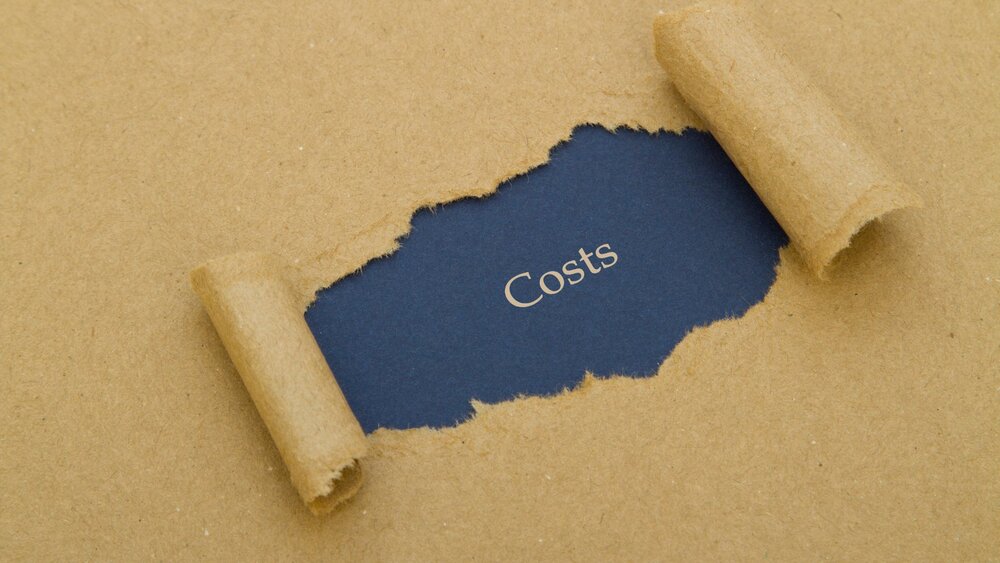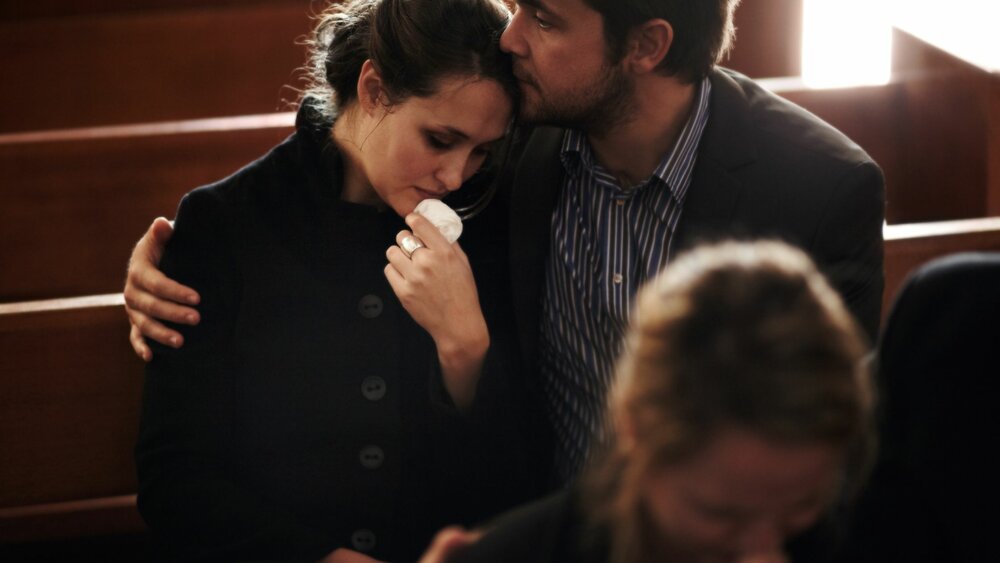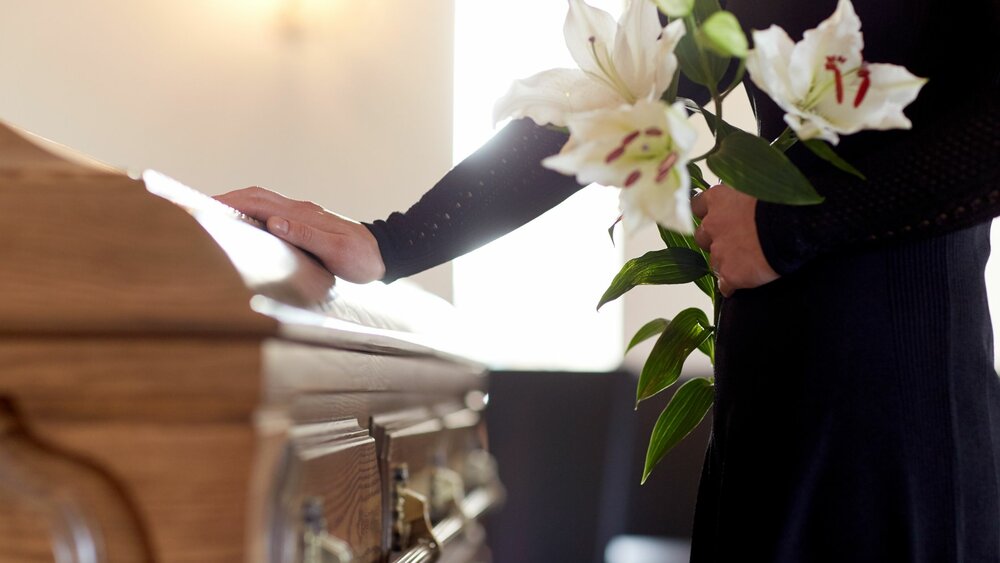
What is the Typical Budget for Funeral Expenses?
Planning a funeral is an emotionally charged experience, often compounded by financial concerns. Knowing the typical budget for funeral expenses can help ease some of this burden, providing clarity and peace of mind. In this comprehensive guide, we’ll break down the various costs associated with funeral planning—from essential services and burial or cremation expenses to additional fees and financial assistance options. This information will help you make informed decisions and plan effectively, ensuring that all aspects are covered while staying within budget.
Understanding Funeral Costs 
1. Basic Funeral Services: Funeral costs can vary greatly depending on your location, the funeral home, and the specific services you choose. However, some basic funeral expenses are standard across most services.
- Essential Services Fee: This is a non-negotiable fee charged by the funeral home for their basic services. It covers tasks such as obtaining death certificates, securing necessary permits, preparing notices, and coordinating arrangements. Typically, this fee ranges from $2,000 to $3,000 but can be higher in larger metropolitan areas.
- Transportation Costs: Moving the deceased from the place of death to the funeral home, and subsequently to the cemetery or crematorium, involves transportation fees. This service usually includes a hearse for the casket and may also involve additional vehicles for family members. Depending on the distance and services required, transportation costs can range from $300 to $1,000.
- Preparation of the Body: This may include embalming (if required for a viewing), dressing, grooming, and cosmetic work. Embalming is not always mandatory but may be necessary depending on the service and state regulations. Costs for body preparation typically range from $500 to $1,200.
2. Burial and Cremation Options: Deciding between burial and cremation is one of the most significant decisions impacting funeral costs. Each option has its own set of expenses.
Burial Costs: 
- Casket: A casket is often one of the most expensive items in a funeral budget. The price can vary significantly based on material (wood, metal, biodegradable options) and style. A standard metal casket can cost between $2,000 and $5,000, while a custom or premium wood casket may cost $7,000 or more. For a high-end, elaborate casket, the price could go well over $10,000.
- Burial Plot: The cost of a burial plot depends on its location within the cemetery and the cemetery’s prestige. Urban areas tend to have higher prices, ranging from $1,000 to $4,000 or more. Additionally, there may be fees for opening and closing the grave, which usually cost between $500 and $1,500.
- Grave Marker or Headstone: A headstone or grave marker can cost anywhere from $500 for a simple flat marker to $5,000 or more for an upright monument or customized design.
Cremation Costs: 
- Direct Cremation: A direct cremation is typically the least expensive option, involving no funeral service or viewing. Costs range from $1,000 to $2,500. This price usually includes transporting the deceased, a basic cremation container, and the cremation process itself.
- Cremation with Memorial Service: Many families opt to hold a memorial service in addition to cremation. This option generally costs between $2,500 and $4,500, including the cremation and any memorial service fees. Additional costs may include renting a venue, arranging flowers, and hiring a celebrant or clergy.
3. Additional Expenses: Beyond basic services and burial or cremation options, there are several other potential expenses to consider
- Service and Memorial Costs: Depending on the type of service, you may incur charges for the venue, officiant, music, floral arrangements, printed programs, and other elements. These costs can range from $1,000 to $3,000 or more, depending on the scale and personalization of the service.
- Administrative Fees: Obtaining multiple copies of the death certificate is often necessary for legal and financial matters. Each copy can cost between $10 and $50, depending on the state or municipality. Additional fees may apply for permits or special licenses.
- Catering and Reception: If you plan to hold a reception or gathering after the service, there could be costs for catering, venue rental, and hospitality services. These expenses can vary widely but often range from $500 to $3,000.
Planning Your Funeral Budget 
1. Creating a Budget Plan: Proper budgeting is crucial for managing funeral expenses effectively. Here’s how to create a comprehensive funeral budget
- Estimate Costs: Start by estimating costs in each category of expenses. Use the averages provided to gauge how much you should allocate. This process can help you understand the overall financial commitment required.
- Budget Categories: Divide your budget into categories such as essential services, burial or cremation, additional expenses, and miscellaneous costs. Allocate a specific amount to each category and prioritize spending according to your family’s needs and preferences.
2. Pre-Planning Options: Pre-planning a funeral can help lock in current rates and alleviate financial stress for your loved ones. Consider these options
- Pre-Paid Funerals: Pre-paying for funeral services allows you to secure today’s prices, potentially saving money in the long run. These plans can cover a range of services, from basic costs to more comprehensive arrangements, giving you control over your funeral arrangements and reducing future financial burdens on your family.
- Funeral Insurance: Funeral insurance is specifically designed to cover funeral expenses. Policies can be customized to suit different budgets, ensuring that your family has the necessary funds when needed. Be sure to review the terms carefully, as some policies may have restrictions or waiting periods.
3. Financial Assistance: If funeral costs are a concern, there are several resources you can explore for financial help 
- Government Aid: Various federal, state, and local programs offer financial assistance for funeral costs. For example, the Federal Emergency Management Agency (FEMA) may provide aid in specific situations, such as deaths related to disasters. Additionally, some states, like New York, offer specific funeral assistance programs to help with burial or cremation costs.
- Charitable Organizations: Numerous non-profit organizations provide financial support to families in need. These organizations may offer grants or other forms of assistance to cover funeral expenses. Examples include the Funeral Consumers Alliance and local community groups. Reach out to these organizations to see if you qualify for any support.
4. Crowdfunding and Community Support:
Crowdfunding platforms like GoFundMe have become increasingly popular for raising money to cover funeral costs. This approach allows friends, family, and community members to contribute, providing financial relief and emotional support during a difficult time. Be sure to share the campaign widely to reach as many people as possible.
5. Cost-Saving Tips: Here are a few practical tips to help reduce funeral expenses 
- Choose a Direct Cremation: Direct cremation is often the most affordable option, as it eliminates costs associated with a traditional funeral service.
- Opt for a Simple Service: Consider a simple memorial service instead of a traditional funeral, which can significantly reduce costs.
- Compare Prices: Shop around and compare prices from multiple funeral homes. By law, funeral homes must provide a general price list upon request.
- Consider Alternative Venues: Instead of using a funeral home, consider hosting the memorial service at a community center, church, or even at home to save on venue fees.
Conclusion
Having a clear understanding of the typical budget for funeral expenses is crucial for effective planning and financial management. By breaking down costs, exploring pre-planning options, and researching financial assistance, you can make informed decisions and alleviate some of the stress associated with funeral planning. For personalized advice or to start planning, contact us today for expert assistance.
For more information - call Blair Mazzarella Funeral Home at (718) 282-1164 or email us today via this online form.




Comments